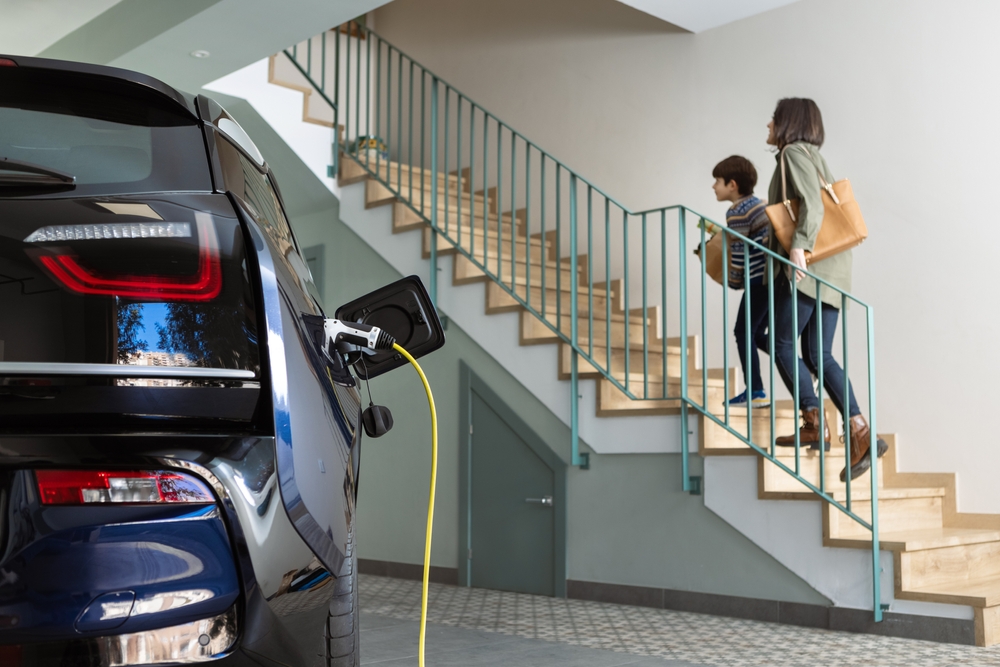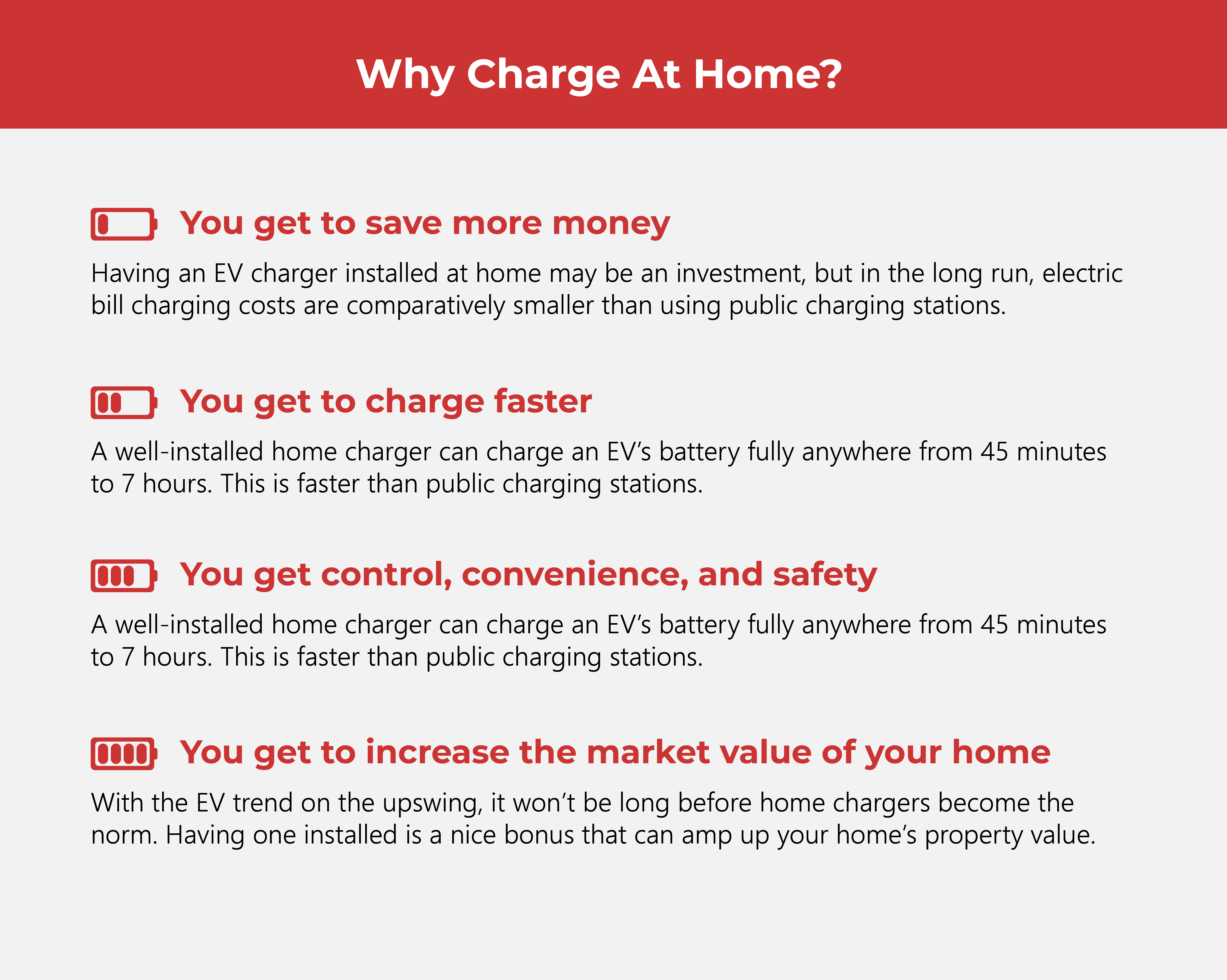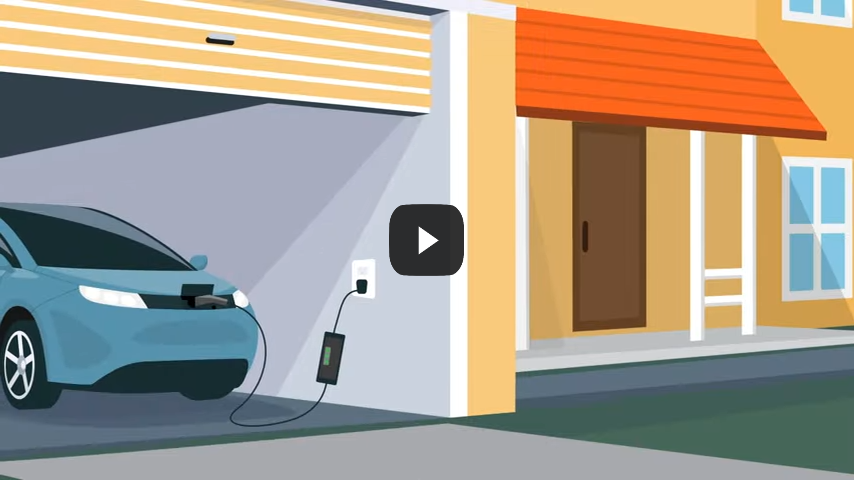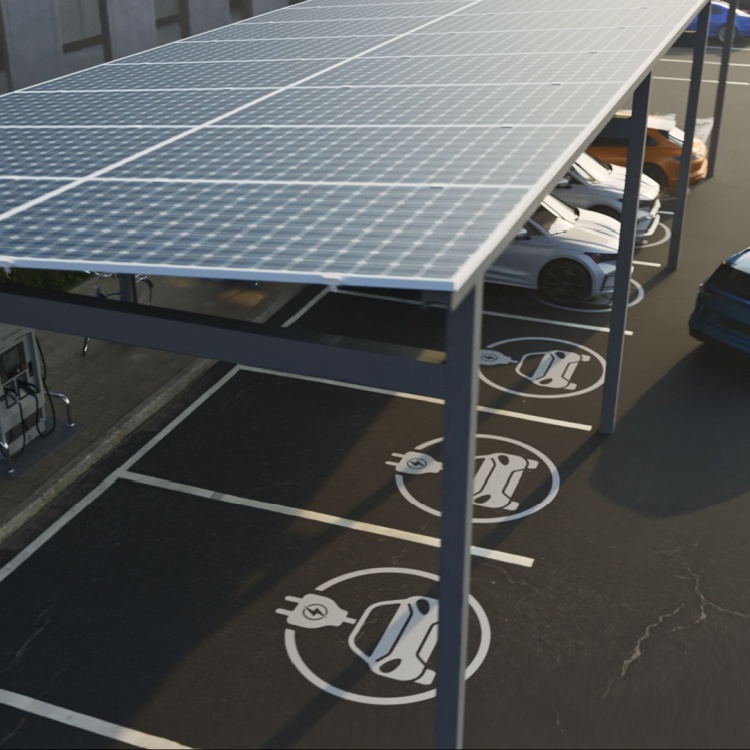EV Chargers: A Modern Home’s Must-Have

Where are EV owners charging their vehicles? Market trends are pointing to a rise in home charging, which means that every home just might need one sooner than expected.
You’ve already got the EV, but have you got the charger as well? The shift from internal combustion engine (ICE) vehicles to electronic vehicles (EVs) signals lifestyle changes both large and small for those who have purchased an EV recently.
Some owners feel great about being able to drive a cleaner, greener car that does not depend on petrol to run, but that good feeling is quickly replaced by the anxiety (and oftentimes, dread) that their vehicle’s charge range might not get them where they need to. Public EV charging stations exist, but these, many EV owners have observed, are few and far between, and may take hours for a single recharge.
While it may be true that charging an EV still costs less than filling up a car with petrol, the location of these public charging stations, the type of EV one has, the EV’s battery capacity, and the EV’s charging level will impact the cost, and that adds up to a considerable amount. This is why many EV owners are investing in installing chargers in their homes.
According to a study conducted by Juniper Research, a firm specializing in the analysis of high-growth market sectors in the tech world, by 2026, more than half of EV-owning households worldwide will be charging at home. In the United Kingdom, new homes and residential buildings will be required to have an EV charging port installed by June 2022.
(Also read: Innovations in EV Batteries)

Installing an EV Charger at Home
While having an EV charger installed at home is highly recommended by EV-owners, they also recommend hiring an experienced electrician to help with the actual installation of these chargers. As much as we all wish for chargers to all be plug-and-go, EV chargers require special attention and a skilled technician to install properly.
First, determine if you need a Level 1 charger or a Level 2 charger. Level 1 chargers run at 120 volts. Every outlet in the U.S. has these standard outlets, so Level 1 chargers are the most hassle-free to install. Typically, Level 1 chargers are supplied by the manufacturer together with the EV upon purchase. These chargers will deliver about 1.4 kW to the vehicle and adds about three to five miles of Range Per Hour. This is good enough for use if one is simply driving from their homes to their offices and back, but this is about as basic a charge as it can get. On the downside, it can take up to forty hours to charge the EV battery fully.
Level 2 chargers on the other hand need a 240-volt outlet and deliver up to 7.6 kW to the vehicle. This adds an average of 32 miles of range per hour of charging. A Level 2 charger is a good investment when it comes to security in terms of Range Per Hour of charging, but it’s a large investment, too. The chargers can go from $300 to $1,000, and that doesn’t cover the cost of installation (which can cost up to $500).
A Worthy Investment
Some states in the U.S. even offer tax rebate incentives for EV owners with a home charging system installed. It varies from state to state, so it’s always best to check in with local government agencies to check whether one qualifies.
While there may be serious items to consider when it comes to having a home EV charger installed, those who have decided to invest in theirs say that it’s well worth the money and effort.
As one of the Top 19 EMS companies in the world, IMI has over 40 years of experience in providing electronics manufacturing and technology solutions.
We are ready to support your business on a global scale.
Our proven technical expertise, worldwide reach, and vast experience in high-growth and emerging markets make us the ideal global manufacturing solutions partner.
Let's work together to build our future today.




